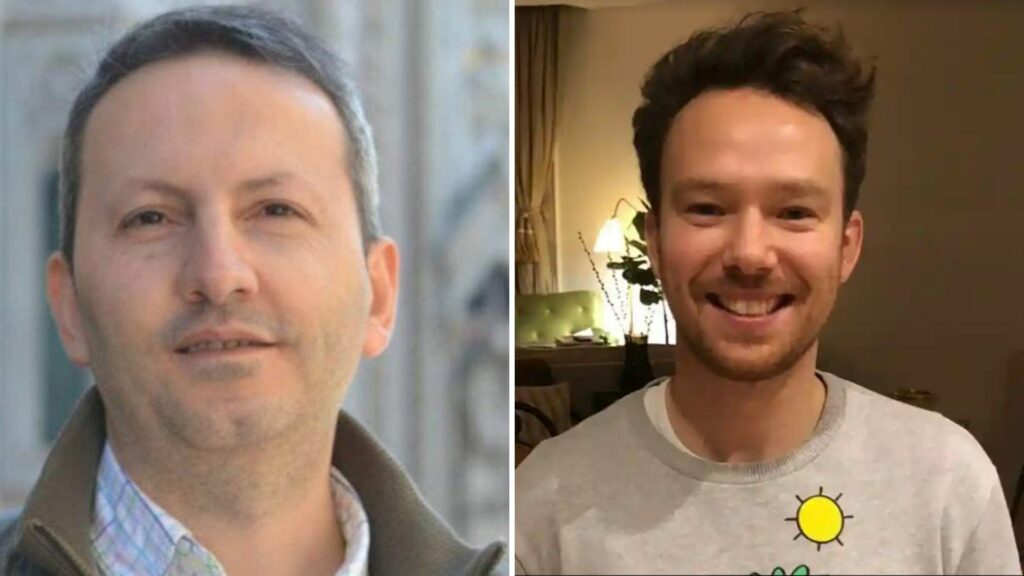The Swedish-Iranian researcher Ahmadreza Djalali was arrested in April 2016 when visiting Teheran to participate in a workshop in disaster medicine. Johan Floderus, a Swedish employee of the European External Actions Service (EEAS), was arrested in April 2022.
Two different cases but still similar, Ahmadreza’s wife wrote in an open letter in the Swedish daily Dagens Nyheter on Wednesday, eight years after his imprisonment in Iran. Both Djalali and Florerus were falsely accused of espionage.
Floderus is accused of spying for the ‘Zionist regime’ (Israel) to harm the Islamic Republic. He is also accused of ‘corruption on earth’, a religious offence which carries the maximum penalty of death. In the case of Floderus, EU’s foreign policy chief Josep Borrell has stated that he is innocent and should be freed immediately.
In the case of Djalali, a guest lecturer at VUB in Brussels with dual Swedish-Iranian citizenship, all efforts to free him or bring about his release in a prisoner exchange have failed until now and he is still languishing in Iranian prison waiting for a death sentence to be executed. Iran has lately been threatening that the execution is imminent.
Djalali, today 52 and married with two children, was accused of cooperation with hostile states and espionage for Israel but no evidence was ever presented to support the allegations. He was sentenced to death on 21 October 2017. UN observers stated that the trial was unfair and called on Iran to cancel the death sentence and release him immediately.
In the letter, Djalali’s wife writes that she doubts that the Swedish government is doing everything in its power to bring about her husband’s release. She has been refused access to his file at the Swedish ministry of foreign affairs. The ministry even asked her to provide a proxy from her husband, who is imprisoned with no contact with the outside world.
She does not understand why the government has not condemned the imprisonment and death sentence against her husband and only asked Iran to release him for “humanitarian reasons.” Her husband is never mentioned when Sweden is discussing a possible prisoner exchange with Iran.
An Amnesty International petition for Djalali’s release gathered nearly 140,000 signatures in Belgium, where he had been a guest lecturer. In July 2022, Belgium adopted a treaty with Iran on the transfer of convicted persons. The first person who benefited from it was Olivier Vandecasteele, an aid worker who had been arrested when visiting Teheran, accused of spying.
For a while, it appeared that Djalali could also benefit from the treaty but soon it was made clear that it only applied to Belgian citizens. Djalali has double Swedish-Iranian citizenship and it would first of all be Sweden’s responsibility to ensure his release. This seems also to be the EU position.
Is EEAS working tirelessly for the release of both Djalali and Floderus? “We are active in all cases of EU citizens arbitrarily detained in Iran, respecting and following the lead of the national states of which the detained persons are citizens,” Peter Stano, EU’s lead spokesperson on foreign affairs, told The Brussels Times.
This is because consular care and assistance is a national competence, he explained. In case of arrested citizens abroad, it is always their countries that are in charge. “We play a supporting role when asked. We are active in the case of Floderus because he is our employee, but here also we follow the lead of and coordinate with the Swedish authorities.”
M. Apelblat
The Brussels Times

